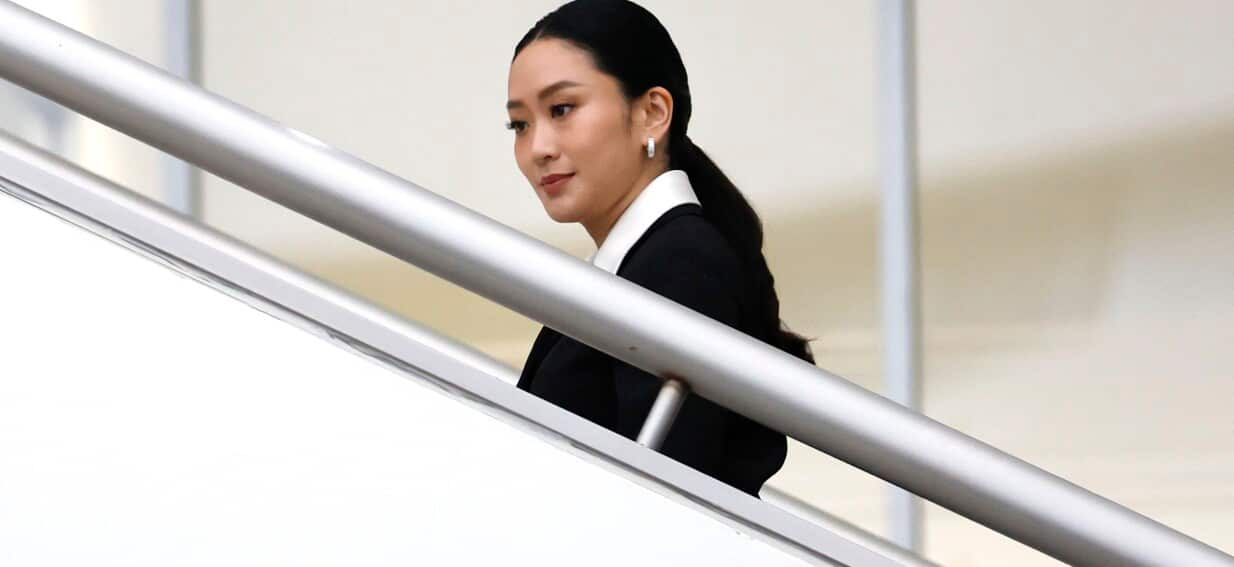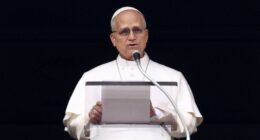Share this @internewscast.com

In its verdict, the court said Paetongtarn violated ethics in a leaked June telephone call, during which she appeared to kowtow to Cambodia’s former leader Hun Sen when both countries were at the brink of an armed border conflict. Fighting erupted weeks later and lasted five days.
What happens next?
Deputy premier Phumtham Wechayachai and the current cabinet will oversee the government in a caretaker capacity until a new prime minister is chosen by parliament, on a date to be decided by the house speaker. The constitution does not specify a time-frame for when the lower house must convene.
The stakes are high, with the ruling coalition holding a razor-thin majority of just seven seats, meaning any shifts in allegiance away from the alliance could be costly for Pheu Thai and the Shinawatra political dynasty.
Who could be Thailand’s next PM?
There are five remaining eligible candidates from those declared prior to the 2023 election. Pheu Thai had three initially, but is now left with only one, Chaikasem Nitisiri, 77, a former justice minister and attorney general who has kept a low profile, but has said he is ready to step up.
Also eligible are current Energy Minister Pirapan Salirathavibhaga, former deputy prime minister Jurin Laksanawisit, and ex-premier Prayuth Chan-ocha, a general who led a 2014 coup against the last Pheu Thai government. Prayuth, 71, is retired from politics and is currently a royal adviser.
What’s needed to become Thailand’s PM?
A candidate needs endorsement of 50 lawmakers before the house can vote. The backing of more than half of the lower house’s current 492 members – or 247 votes – is required to become prime minister.
If the candidate fails, the house must convene again and the process will be repeated for any other candidates nominated, until a prime minister is chosen, with no time limit on the process.
What are the possible scenarios?
While the old guard has a troubled history with Thaksin, some analysts say they may see him as the lesser of two evils. A weakening of Thaksin’s power could lead to an early election and open the door to the People’s Party, a progressive and hugely popular opposition with an institutional reform agenda that threatens the interests of conservatives and the royalist military.












